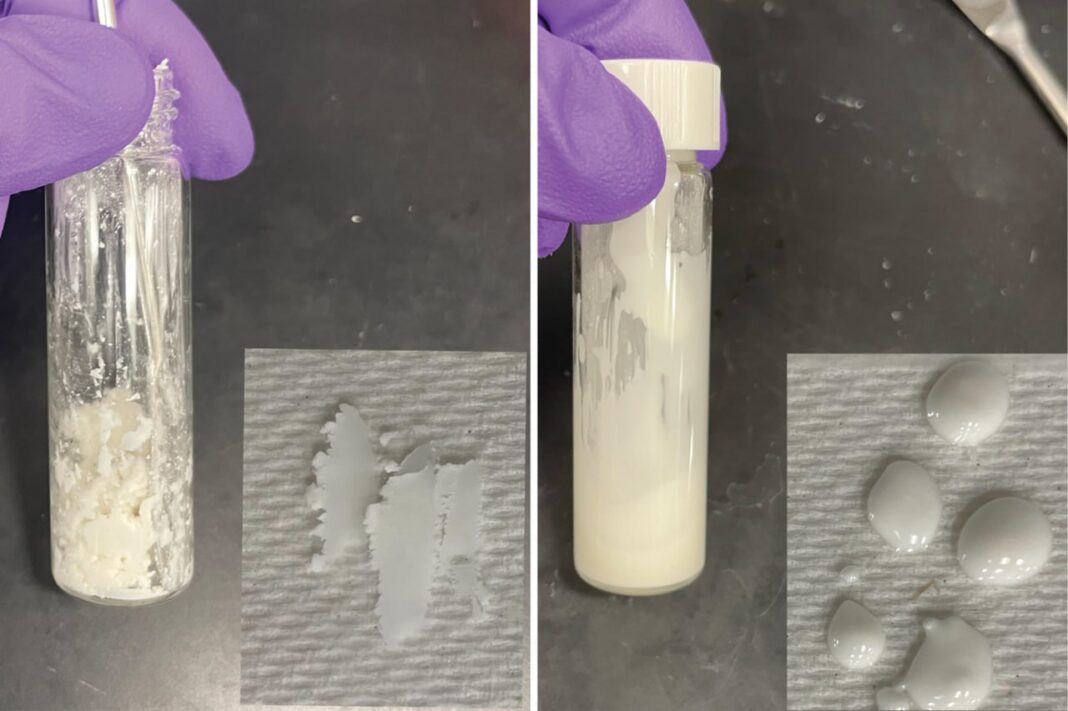Stanford Engineering researchers have developed a drug delivery platform that could enable patients with some cancers, autoimmune diseases, and metabolic disorders to receive protein-based treatments via easy injection.
Patients with some cancers, autoimmune diseases, and metabolic disorders often endure time-consuming intravenous (IV) infusions to receive the best protein-based treatments available. Because these protein therapeutics require high doses to be effective and are typically formulated at low concentrations to remain stable, IV infusion has been, until now, the only option.
Researchers at Stanford have developed a new delivery platform that allows these drugs to be stored and delivered in much higher concentrations. With this new formulation method, published Aug. 20 in Science Translational Medicine, many protein therapeutics could be injected quickly and smoothly with a standard syringe or autoinjector device.
“This is a platform that potentially works with any biologic drug, so that we can inject it easily,” said Eric Appel, an associate professor of materials science and engineering and senior author on the paper. “That takes these treatments from a several-hour ordeal at a clinic with an IV infusion to something you can do in seconds with an autoinjector at your house.”






